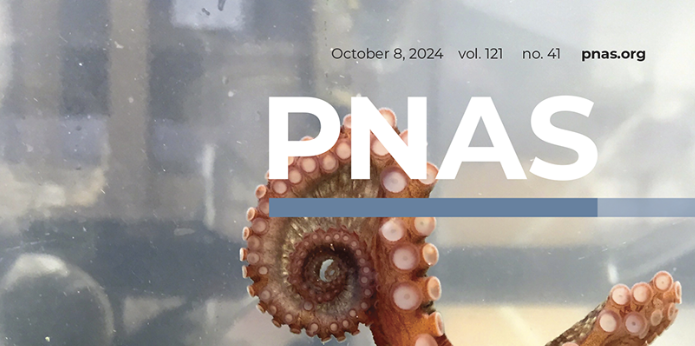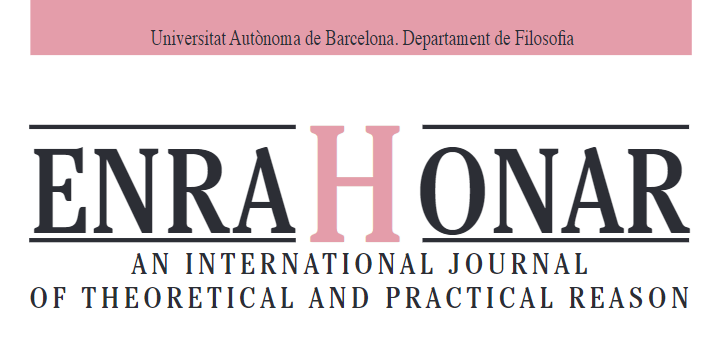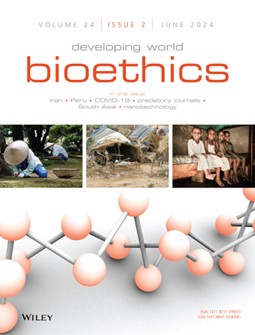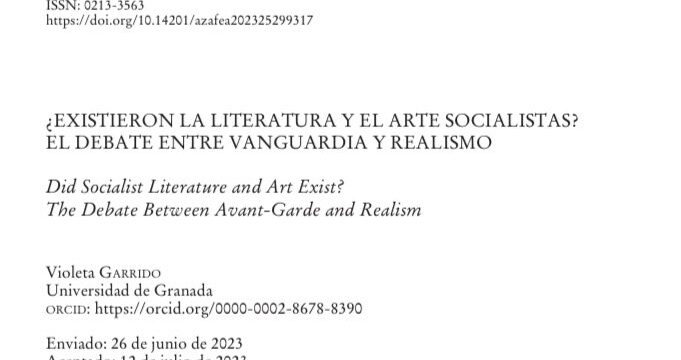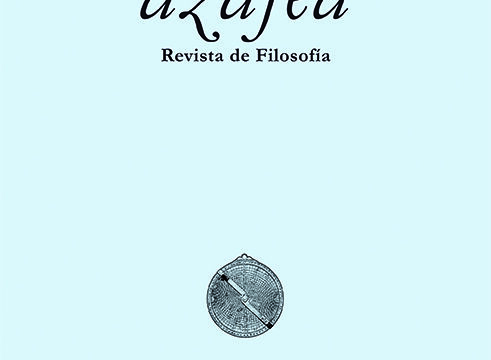
«Razones para leer a Fredric Jameson», por Violeta Garrido
El pasado 22 de septiembre fallecía el filósofo, crítico y teórico de la literatura Friedric Jameson. Unos días después, el 30 de septiembre, nuestra compañera Violeta Garrido, investigadora de FiloLab, publicó un obituario en el diario El Salto donde repasaba la trayectoria del pensador estadounidense y resaltaba su importancia para la filosofía y la cultura contemporáneas. Reproducimos a continuación el inicio del artículo, que puede leerse íntegramente en este enlace. *** El 22 de septiembre de 2024 falleció a los 90 años de edad Fredric Jameson (1934-2024), profesor de Literatura en la Universidad de Duke. Antes pasó por Harvard, California o Yale. Su pérdida se hace especialmente notoria entre los marxistas de diverso pelaje porque, a mi parecer, encarnaba como pocos la actitud por antonomasia del materialista histórico, aquel que…



